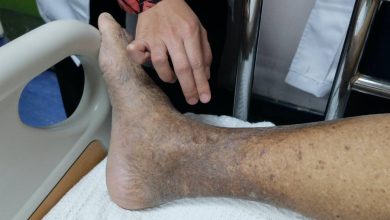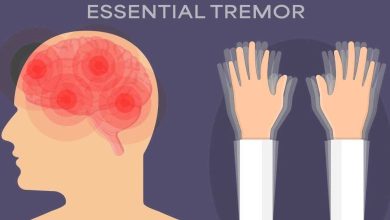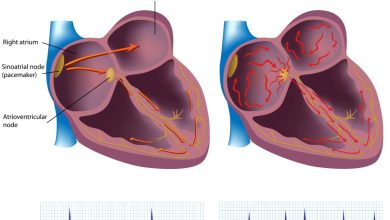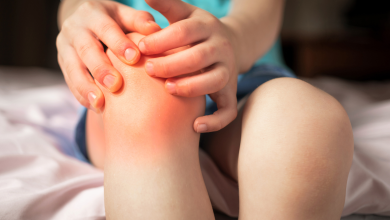Roseola Symptoms, Causes, Diagnosis and Treatment
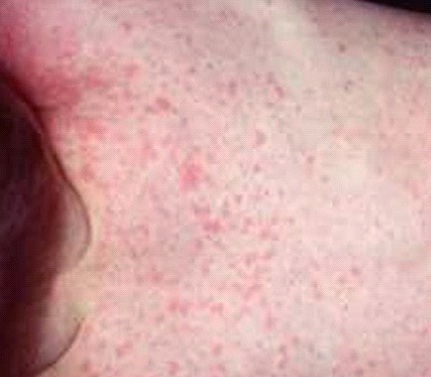
What Is Roseola?
It is basically a mild viral infection which often targets young children and infants. In addition, roseola is characterized by high fever followed with reddish-pinkish rash on the skin. Rarely, adults are affected with roseola. Few children tend to develop the mild form of infection and never experience any prominent symptom, whereas others develop complete range of indications.
Fortunately, the viral infection is not very dangerous, and may rarely lead to complications. Treatment plan of this viral infection consists of medications for reducing high temperature, fluids and best rest.
Mention The Alternative Names Of Roseola?
Roseola is also known by the following names:
- Sixth disease.
- Xanthem subitum.
What Are The Symptoms Of Roseola?
Few common symptoms of roseola include:
- High temperature, that can last for 4 to 5 days.
- Sore throat.
- Runny nose.
- Irritability.
- Eye redness.
After the condition of the patient stabilizes, rash tend to appears. In addition, the rash begins to appear on middle of the patient’s body, however, later spreads to the entire body parts. They are of rose or pink colored and have minute, raised sores. These rashes may persist for several days. Often, they cause no itching.
When Is The Right Time To Consult A Doctor?
Do not delay to seek medical help in case of the following:
- If temperature of the patient does not reduces with cool bath and ibuprofen or acetaminophen.
- If the patient seems very tired or is aggressive.
What Causes of Roseola?
The viral infection commonly affects children between three months to three years of age, and is particularly common in children of six months to a year of age. As mentioned earlier, roseola is triggered by a virus. The virus is named as human herpesvirus 6.
What Are The Potential Complications Of Roseola?
A number of complications are associated with roseola, these include:
- Febrile seizure.
- Encephalitis (in rare cases).
- Aseptic meningitis. (in rare cases).
How Is Roseola Diagnosis?
The doctor will conduct a thorough physical exam of the patient; moreover, he or she will need details about the medical history. In addition to this, the doctor will observe swollen lymph nodes at the back of the scalp and in the neck.
How Is Roseola Treatment?
Unfortunately, to treat it, there is no particular treatment. Often, it becomes resolve causing no complications, on its own! However, in order to reduce high temperature, cool sponge baths and acetaminophen can help. Bed rest, is also important for the patient of roseola.
Due to high temperature, few patients can have seizure. In such a case, visit your doctor to seek medical assistance, without a delay.
How Is Roseola Preventable?
You can minimize your child’s risk of contracting roseola simply by teaching him or her careful hand washing. By this, one can prevent the virus, responsible for causing the disease, to spread.
Related Articles :
Mastitis Symptoms, Causes, Diagnosis and Treatment
Syphilis Symptoms, Causes, Diagnosis and Treatment
Rosacea Symptoms, Causes, Diagnosis and Treatment
Perioral Dermatitis Symptoms, Causes, Diagnosis and Treatment
Dermatitis Herpetiformis Symptoms, Causes, Diagnosis and Treatment
Chancroid Symptoms, Causes, Diagnosis and Treatment
Bullous Pemphigoid Symptoms, Causes, Diagnosis and Treatment
Mammary Duct Ectasia Symptoms, Causes, Diagnosis and Treatment
Lupus Symptoms, Causes, Diagnosis and Treatment
Lichen Sclerosus Symptoms, Causes, Diagnosis and Treatment
Lichen Nitidus Symptoms, Causes, Diagnosis and Treatment
Leprosy Symptoms, Causes, Diagnosis and Treatment
Latex Allergy Symptoms, Causes, Diagnosis and Treatment
Jock Itch Symptoms, Causes, Diagnosis and Treatment
Ringworm Symptoms, Causes, Diagnosis and Treatment
By : Natural Health News

